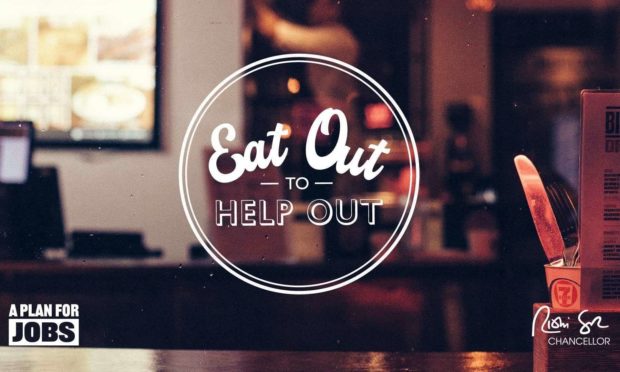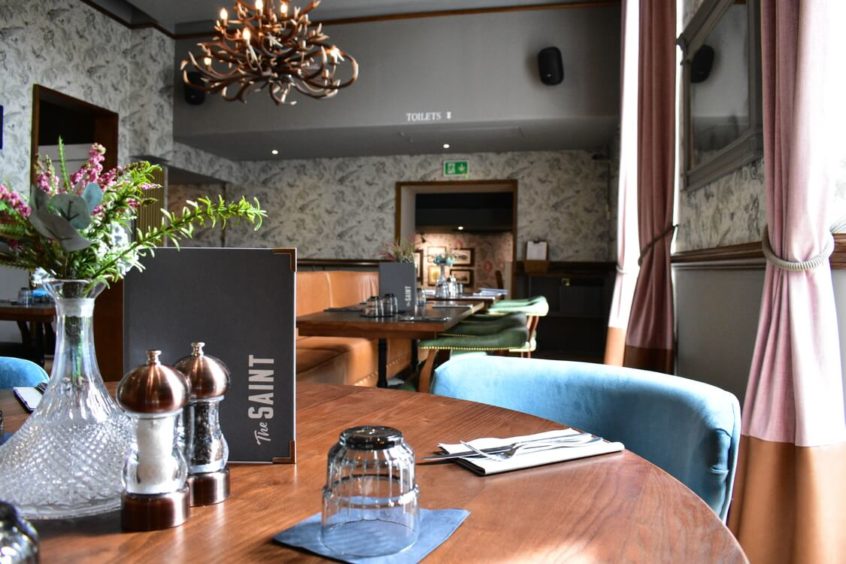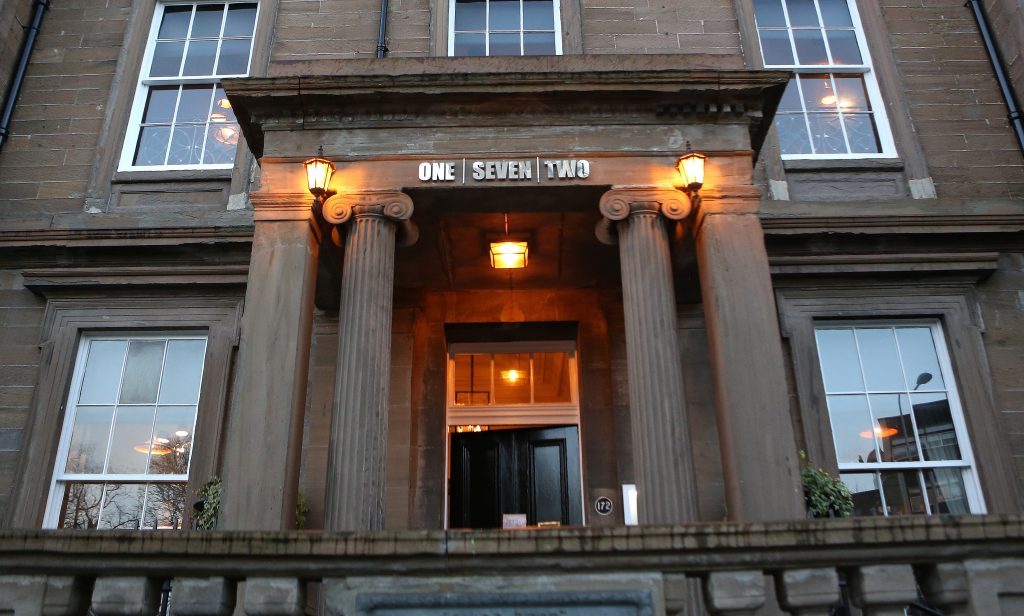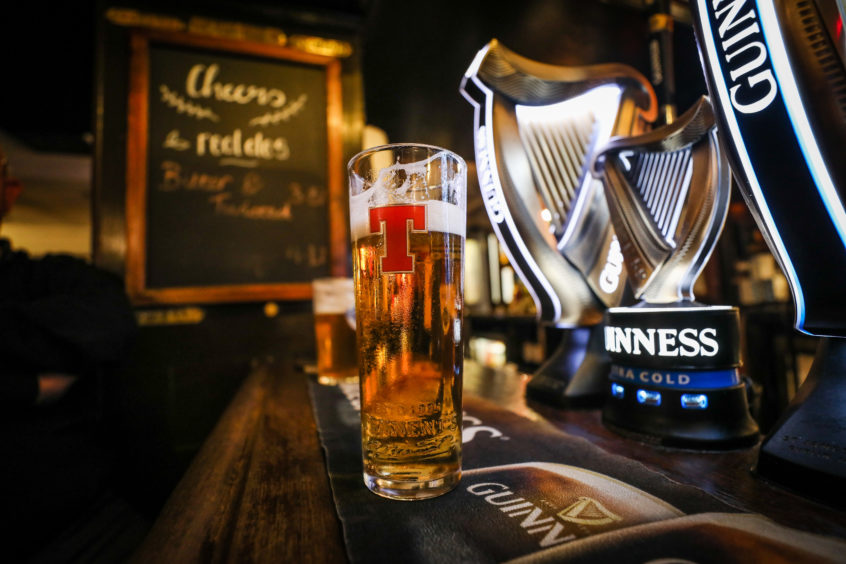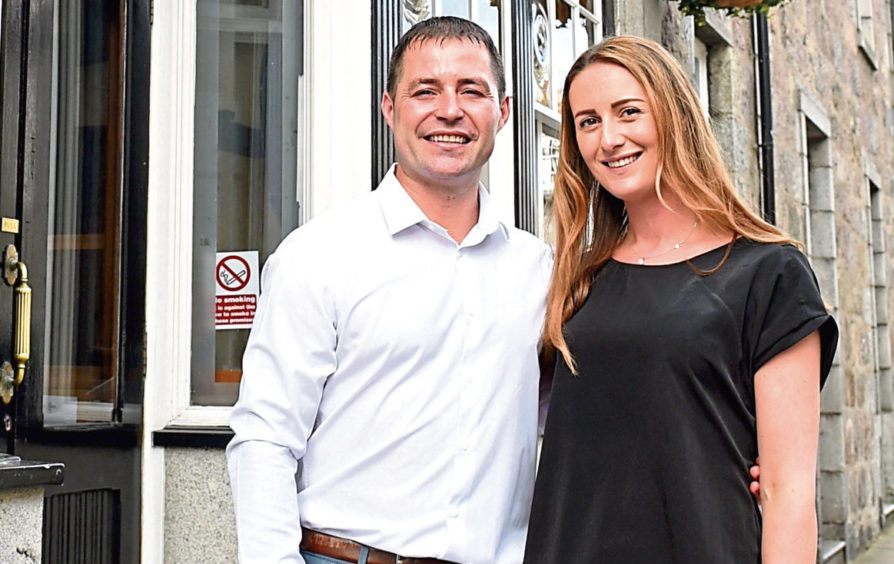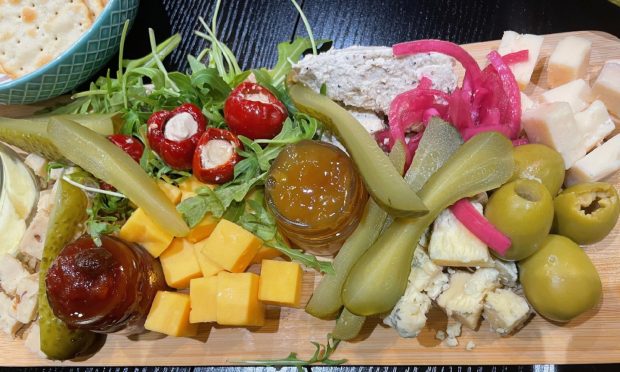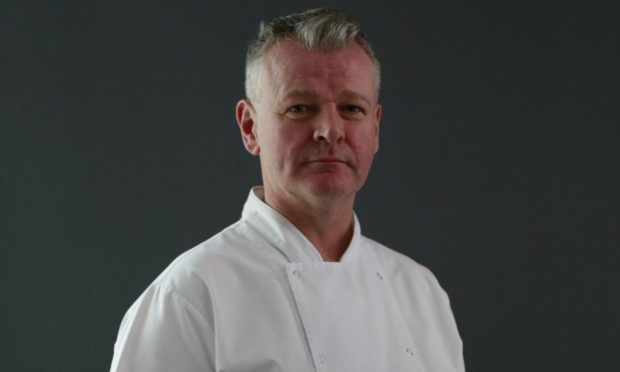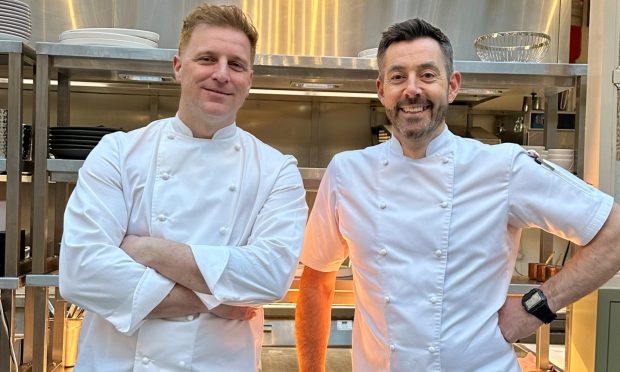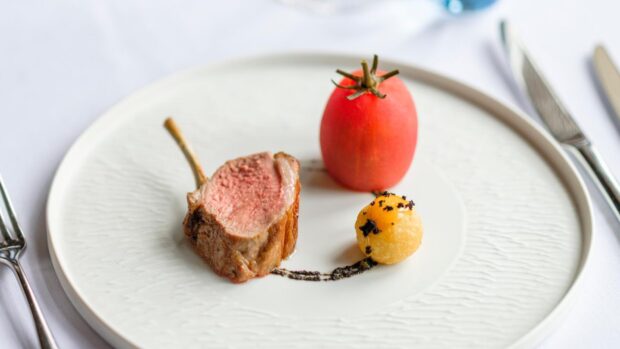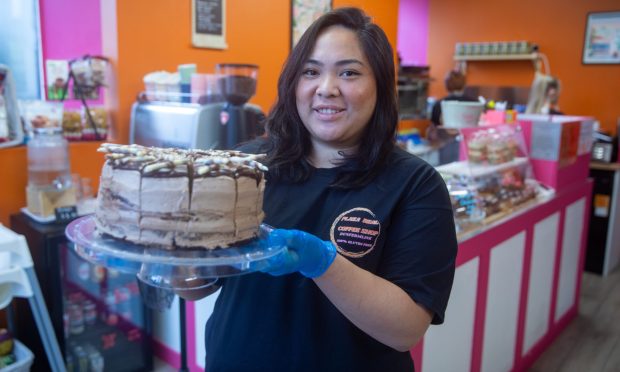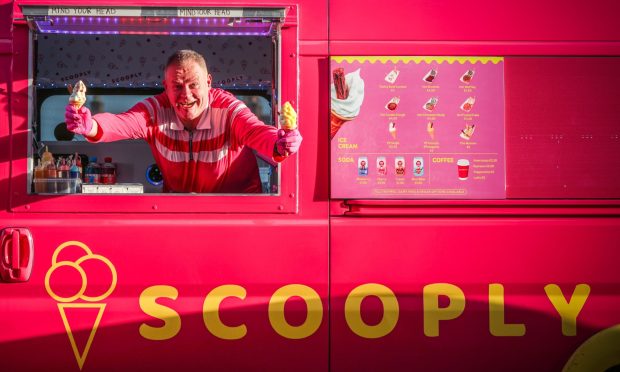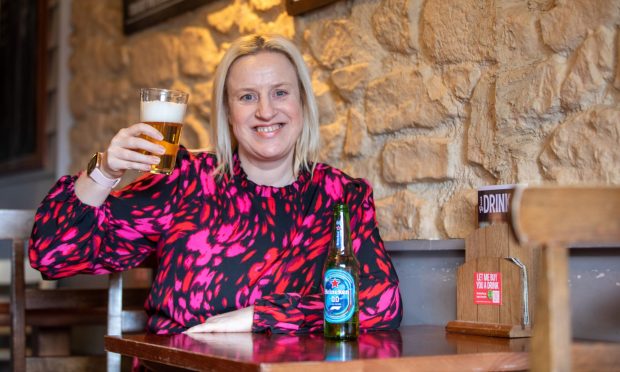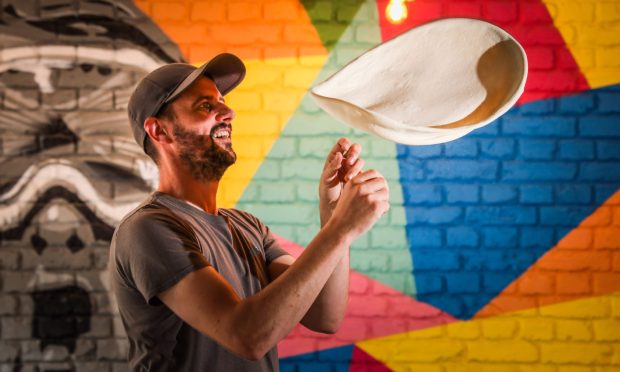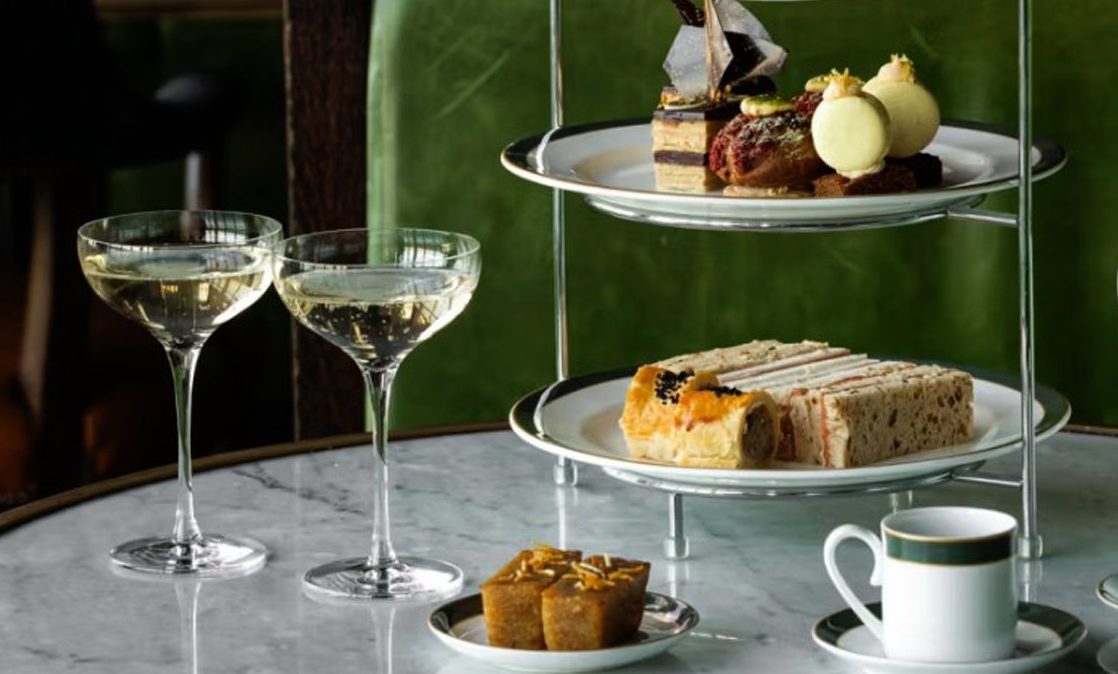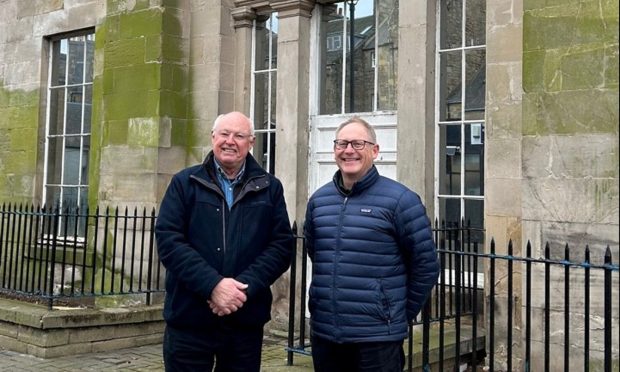With the government-funded scheme that saw diners save up to £10 on meals Mondays to Wednesdays drawing to a close, Clare Johnston revisits businesses she spoke to before the initiative was launched to find out if it worked for them and where they go from here.
Few sectors have felt the full economic force of the pandemic more than the hospitality trade.
Forced to close their doors completely from March to June, many are still counting the cost with footfall in city centres still low as a significant number of office workers remain at home, and foreign visitors stay away.
So when the chancellor, Rishi Sunak, announced a new initiative to encourage diners to get out and support their local eateries in August, a majority of businesses signed up to take part.
Under the Eat Out to Help Out scheme which ends today (August 31), customers were entitled to a 50% discount on sit-in meals up to the value of £10 per person, Mondays to Wednesdays, throughout the month.
64 million meals
Around 84,000 restaurants signed up to offer the scheme, with a reported 64 million discounted meals served in the first three weeks of August alone.
Venues that saw an increase in business thanks to Eat Out to Help Out are hoping that with the scheme having enticed customers into eating out again, they will continue to flock back. Others are keeping the carrot dangling by offering incentives of their own.
Restaurant chains Toby Carvery and Harvester, have announced they will continue to offer the discount to diners for a further two weeks – covering the offer out of their own pockets, while The Signature Pub Group, with venues throughout Scotland including in St Andrews, Stirling and Aberdeen, will extend the offer throughout September.
Pizza Hut has also joined the businesses extending the scheme, while takeaway delivery giant Deliveroo has said it will offer customers £5 off an order of £20 or more during the first three days of each week in September.
Some local eateries have also announced they intend to continue a discount, including a Restaurant with Rooms at Achray House in St Fillans, Perthshire, which is giving diners 25% off their bill, Mondays to Thursdays in September.
Business development and event manager for the venue, Lyndsay Mackenzie, explained: “We will be offering the discount to all guests who come through our door in September as a thank you for their continued support during lockdown and since re-opening.
“We will be offering a 25% discount on the total of their final bill every Monday-Thursday in September. This includes food from the restaurant menu, soft drinks and alcohol. We took part in the government’s Eat Out to Help Out scheme and with that coming to an end, we hope guests can make the most of another month of great discounts.”
‘Unbelievable demand’
Additionally, Willows coffee shop and restaurant in Perth are extending the scheme for loyalty card holders, saying on Facebook: “We are delighted to announce that due to unbelievable demand and to thank our long-standing customers, we have decided to extend the government’s Eat Out, to Help Out scheme at our own cost.
“From Tuesday 1st September we will be offering 50% off your total food & soft drinks bill, up to the value of £10 per person.”
Deans Restaurant in Perth is extending the scheme on Wednesdays and Thursdays in September on food only, with a maximum saving of £10 per person.
East Haugh House Hotel and Restaurant in Pitlochry will continue the discount scheme throughout September, Monday to Wednesday, offering 20% off food with no maximum limit.
In Carnoustie, the Kinloch Arms is continuing the Eat Out to Help Out discount until September 27th, while The Townhouse Hotel in Arbroath will offer 25% off all food Mondays, Tuesdays and Wednesdays throughout the month. (Terms quoted are as per advertised, please check with venues for details before dining.)
A Facebook group, Eat Out to Help Out: Dundee & the surrounding area, has been set up to help locals keep track of the discounts on offer in the area, with scores currently listed on the page.
Many venues in smaller towns and on the outskirts of cities appear to have experienced a lift in overall business through the scheme, but the picture is more complex for city centre bars and restaurants still affected by lower footfall.
Martin Tippett, director of 172 at The Caird in Dundee, decided not to open the bar and restaurant Mondays to Wednesdays believing the volume of trade wasn’t big enough to justify the additional costs of opening earlier in the weeks.
And though he suspects he might have missed a flurry of business in the first two weeks of the scheme, he believes there was a knock-on effect to takeaway and weekend trading for city centre venues.
He said: “The majority of the city centre pubs had good sales on the Monday, Tuesday Wednesday over the first week or so but their business was affected, Thursday, Friday, Saturday, Sunday and anyone who had a takeaway business, including us, was affected.
Lost out
“So people who had (previously) been ordering takeaways were instead going into restaurants Monday, Tuesday, Wednesday. The takeaway businesses I’ve heard across the board were all down through August. We’re probably down by half and talking to other business owners who were doing takeaways their business was down as well.
“What businesses gained the Monday, Tuesday, Wednesday, they lost later in the week. In a way we did lose out because we didn’t use the Monday, Tuesday, Wednesday so our sales were down Thursday, Friday, Saturday, Sunday. But this is the scheme finished so I’m happy it’s finishing.”
Market research suggests hospitality sales collectively fell by 13% between Monday August 10 and Wednesday August 12 compared with the same period a week earlier.
It said that “quick-service restaurants” saw sales slide by 30% in the second week, while other restaurant sales fell by 6%.
Meanwhile, sales at pubs and bars were down 20% against the previous week.
For Martin, continued low footfall remains the biggest challenge facing pubs and eateries in central Dundee.
He added: “We’re closed Monday, Tuesday, Wednesday and outside on the street there is no one. There’s less than there were in August, when people were coming in when the sun was out. But from the bottom of the Nethergate all the way up the Perth Road it’s empty unless it’s a sunny day. To me not opening on those days was a cost-saving exercise.”
Maximising sales
“Now we’re waiting on the students coming back, lecturers coming back and then hopefully coming in to Phase 4 (of lockdown easing) when we can open our function suite.
“People were going outside because there was a beer garden, now they’ll come inside and we’ve got more space by opening our basement bar Capone’s to take that outside business in so we’re lucky in that sense. We’re not going to gain business, but we’ll still be able to tick over by keeping our costs down and maximising sales Thursday to Sunday. We’re in a good position.
“I know from the Perth Road side, some places that were opening Monday, Tuesday, Wednesday closed the third and fourth week in August. Talking to other businesses, sales were down coming into the third week in August by 25/30% on the first week of the scheme so no one is benefiting.”
Yet it was a different picture, says Martin, for those outside the city centre.
“I do know pubs and restaurants that are outside of the city centre doing very well. They’ve upped their game and because they’re local you don’t have to worry about parking, it’s easier to travel and people were using the Eat Out scheme to their advantage in their own local area.”
Hard months
“The feedback I’m getting from them is that they’ve done very well Monday to Wednesday and retained their customers Thursday, Friday, Saturday, Sunday with their normal clientele, so they’ve gained an extra clientele using the scheme which is fantastic.
“September, November, January and February are the hard months on the Perth Road. I think September’s still going to be hard, but we’ve changed our business model completely. In a way, Covid has helped us understand what people really want and we’ve changed our menus and adapted. We’ll come out the other side doing okay. We can increase our capacity, we’ve got our costs under control so we’re going to be okay.”
In Aberdeen, where the city has only just re-emerged from a local lockdown and hospitality businesses have been signing up to a 10-point action plan to protect customers amid the ongoing pandemic, any gains from the Eat Out to Help Out scheme were quickly erased.
Paul Beattie, owner of The Globe Inn in Aberdeen city centre, was hopeful ahead of the launch of the Eat Out to Help Out scheme that it would be the start of a bounce-back for local eateries and saw a lift in business in the first week before businesses had to shut their doors again.
He said: “We saw in Aberdeenshire and round about how busy the restaurants were so it would have had a good impact but unfortunately what happened, happened. It would be nice to have some sort of extension of the scheme but I don’t see that happening.
“We’ll be doing our own little bits and pieces, maybe with some meal deals and things like that, but not to the extent of what the government were giving because then we’d be running at a loss.
“Wednesday was really busy with the Eat Out to Help Out scheme so we’ve been getting quite a few bookings and it looks like people are coming out but they’re maybe a bit more aware this time. I feel last time the numbers of infections had been going down for so long that a lot of people felt it was over. They started to relax and maybe take more risks. Everyone has seen how quickly that can turn around and things close down again, so people going out drinking and stuff will be more wary and if places look too busy they’ll tend to avoid it and go somewhere else.
“Everyone has got their role to play in being responsible now.”
Footfall
And, as with Dundee, a lack of footfall in the city centre, largely due to empty offices, is hampering the recovery for hospitality businesses.
Paul said: “It’s getting busier from what it was but it’s massively down. A lot of people aren’t back in offices and I don’t see them going back soon.. some people never will. So the number of people going around has dropped a lot.”
